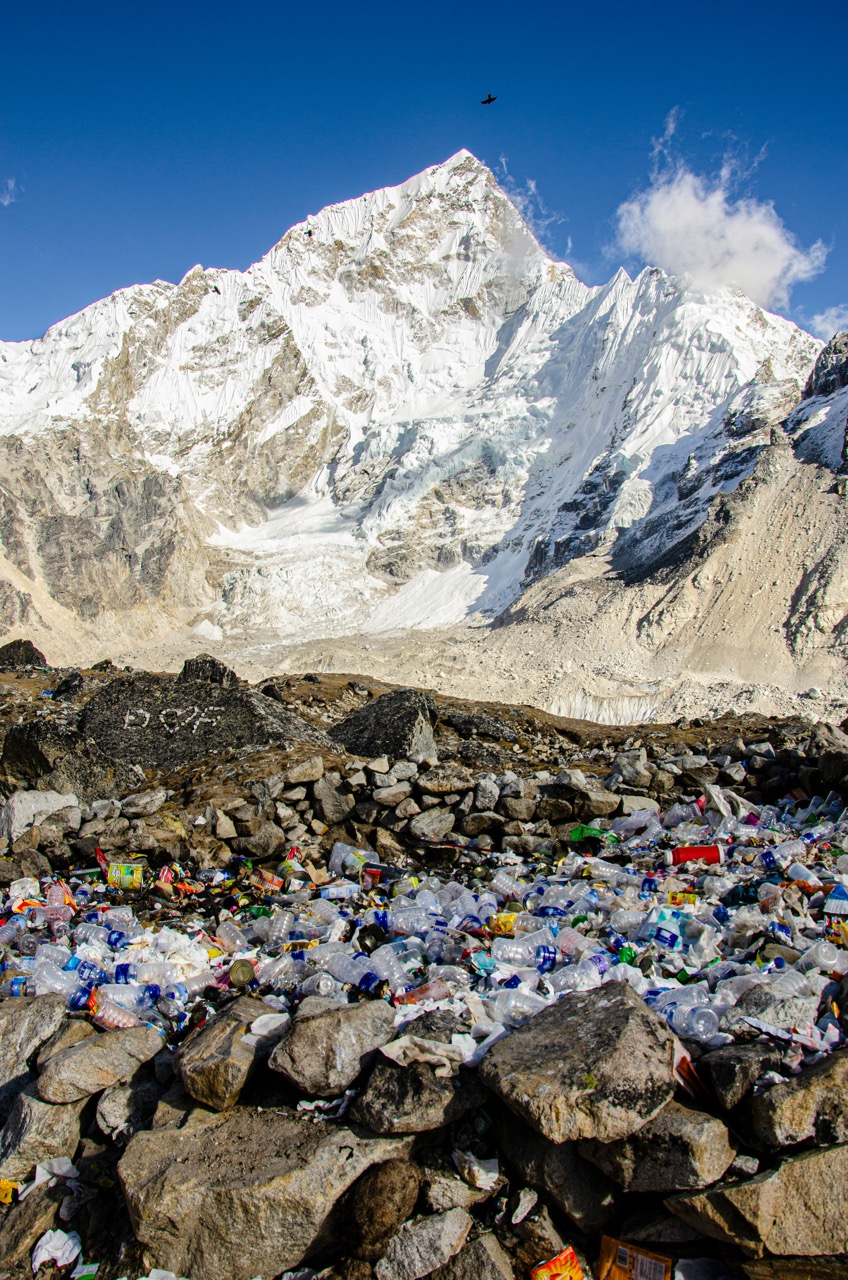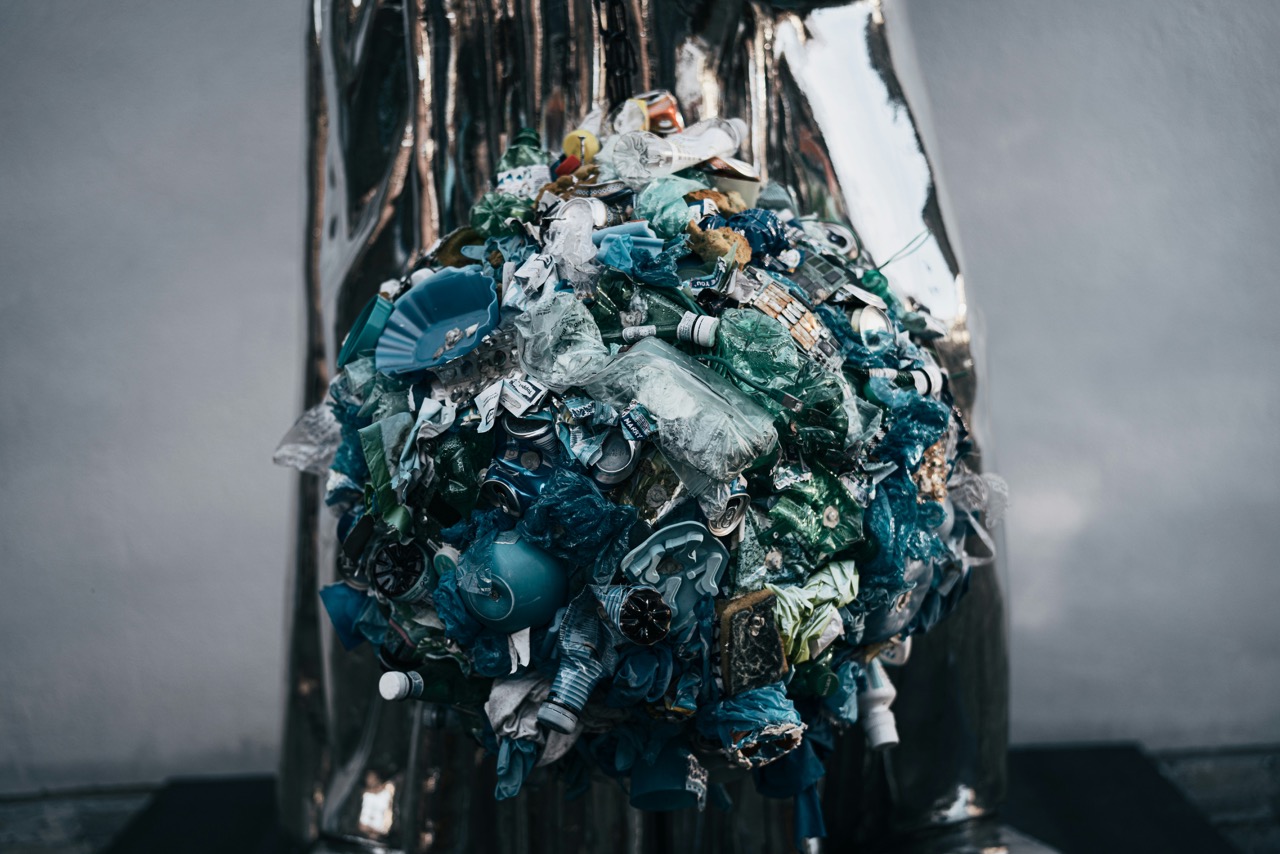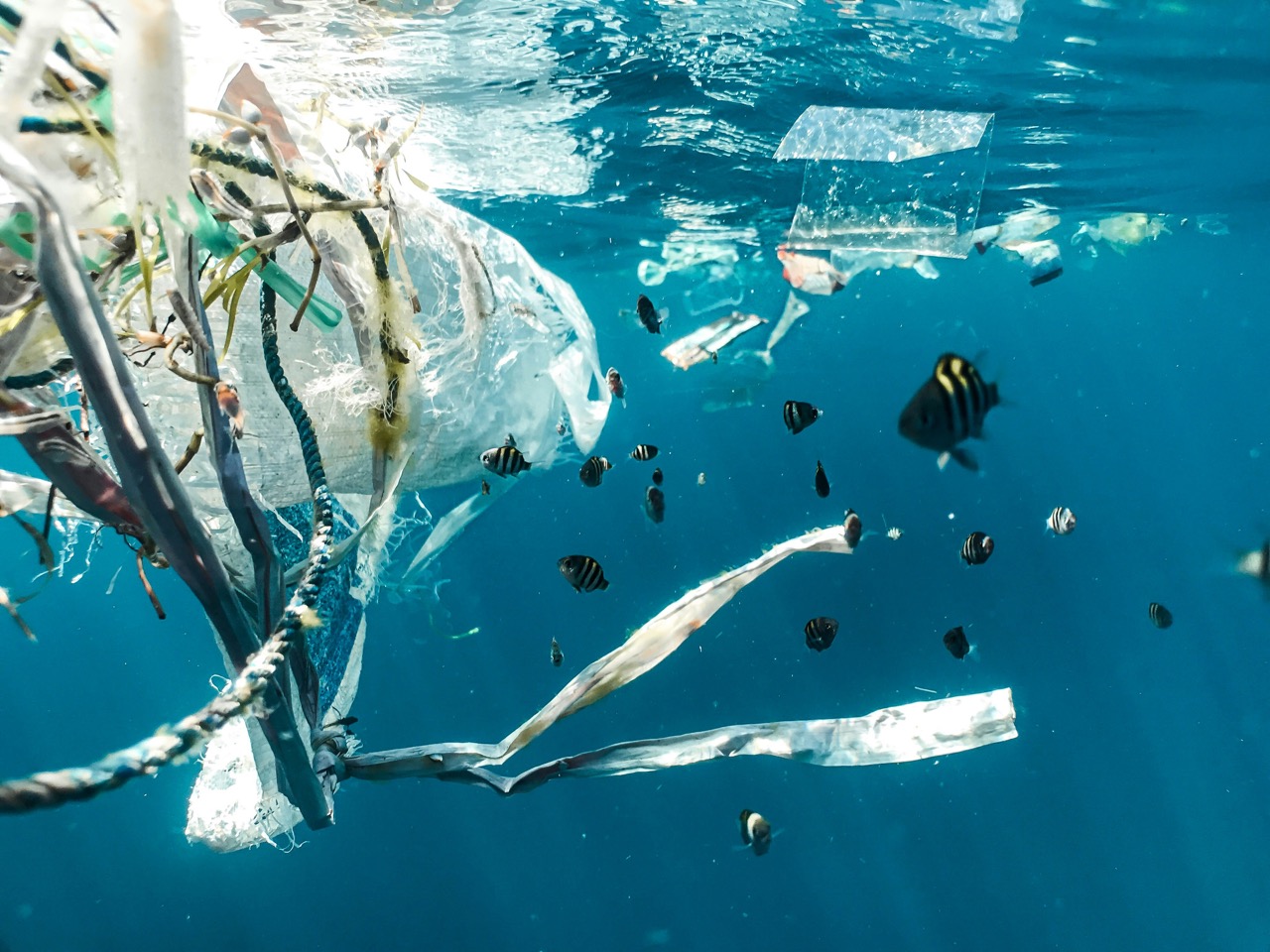Semula Talks
Talking about the environment is crucial in creating awareness and driving action towards sustainable practices. In Singapore, there are several important topics to consider when discussing the environment, and these are where our talks will focus on.
Climate Change
Climate change is one of humanity’s biggest issues. It significantly impacts Singapore, including rising sea levels, extreme temperatures, and more frequent freak weather events. Discussing climate change can raise awareness about the need for sustainable practices and encourage individuals and businesses to take action.
Singapore Green Plan 2030
The Singapore Green Plan 2030 is a government initiative to achieve sustainable development and mitigate climate change’s effects. Discussing the Green Plan and its goals can inspire individuals and organisations to support the government’s efforts and take action towards sustainability.
Zero Waste Master Plan
Singapore’s Zero Waste Master Plan is a comprehensive plan that outlines the government’s strategies for reducing waste and increasing recycling rates. Discussing the plan and its goals can encourage individuals and businesses to support waste reduction efforts and adopt sustainable practices.
Singapore's Waste Management System
Singapore’s waste management system is highly efficient, but challenges still need to be addressed, such as increasing recycling rates and reducing contamination. By discussing Singapore’s waste management system, we can create awareness about the importance of proper waste disposal and encourage individuals to support recycling initiatives.
Collaboration And Partnerships
Workshops facilitate networking and collaboration among individuals, organisations, and communities interested in sustainability. They encourage forming partnerships that can drive collective action and create a multiplier effect towards achieving the SDGs. Through shared knowledge, experiences, and resources, participants can collaborate on projects and initiatives that contribute to multiple goals.
Inspiration And Action
Sustainability workshops inspire individuals to take action and make sustainable choices in their everyday lives. By providing practical examples, success stories, and case studies, workshops demonstrate the positive impact that individuals and communities can have in achieving the SDGs. They motivate participants to become change agents, driving sustainable practices and influencing others to do the same.



Other Topics Covered In Semula’s Educational Talks
Ocean Pollution
Ocean pollution is a significant environmental issue, with plastic waste and chemical pollution detrimental to marine ecosystems. Discussing ways to reduce ocean pollution, such as reducing plastic use and promoting sustainable fishing practices, is important.
Environmental Policy
Discussing environmental policy and ways to promote sustainable practices at a policy level can help to create lasting change and promote sustainable development.
Biodiversity Loss
Biodiversity loss is a significant environmental issue, with many species facing extinction due to human activities. Discussing ways to protect biodiversity, such as promoting conservation efforts and sustainable land use practices, is crucial for preserving the planet's natural resources.
Sustainable Transportation
Transportation is a significant contributor to greenhouse gas emissions. Discussing ways to promote sustainable transportation, such as increasing the use of public transportation and promoting electric vehicles, can help reduce transportation's environmental impact.
FAQs About Semula Recycling Talks In Singapore
We regularly hold our talks, as we strive to cover all relevant environmental issues. Contact us for more information or follow our social pages (Facebook, Instagram) to stay updated on upcoming sessions.
Not at all. Our talks cater to both beginners and those well-versed in environmental matters. Our goal is to make each session approachable and informative for everyone.
We’re thrilled to hear you want to get more involved! There are various ways to contribute, from participating in our workshops, volunteering at community initiatives, or even suggesting topics for future discussions. Please get in touch with our team for more details.
Absolutely! We welcome collaborations and can customise sessions to cater to specific organisational needs. In fact, we have conducted several talks for businesses and corporations. If you wish to partner with us, we can customise these sessions to cater to your company’s specific needs.
While the duration can vary based on the topic, most of our talks run for about 60-90 minutes, including a Q&A segment.
Contact Us
If you would like to collaborate, have a project for us or simply would like to learn more about us and what we do, such as plastic recycling or education on sustainability, please fill in the following details so that we can get back to you.
